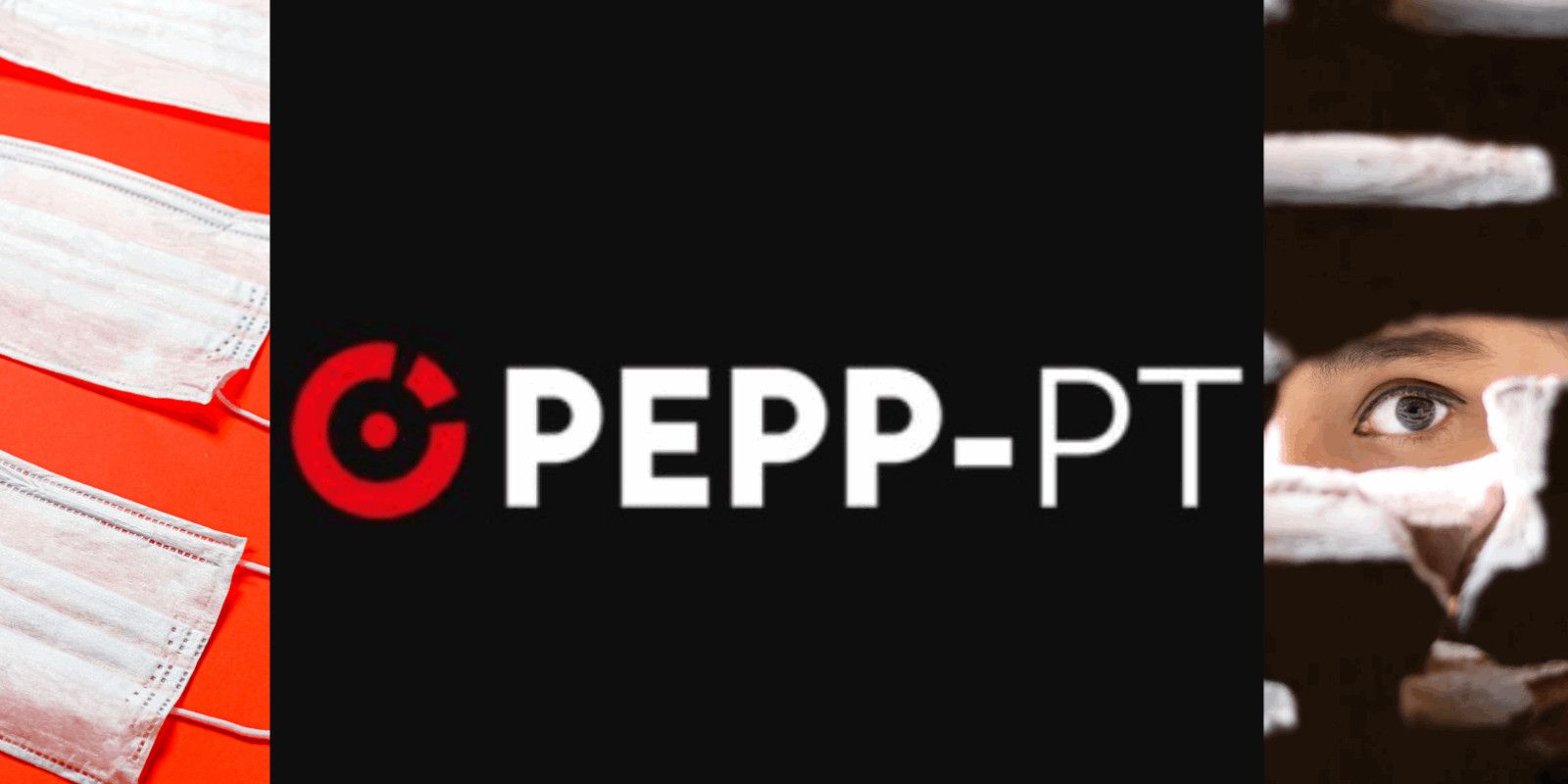A group of European experts are developing a method of coronavirus testing that maintains people’s privacy while also effectively tracking the virus spread. Pan-European Privacy-Preserving Proximity Tracing is a non-profit organization comprised of several European Labs, universities, and tech manufacturers that promises to fight coronavirus while maintaining privacy standards.
Fighting COVID-19 has been a balancing act of prioritizing people’s safety against their privacy. Some countries have tracked it through healthcare and customs databases, while others are looking into fever tracking UAV drones. However it is done, many have raised the issue of privacy and not just for now, but also how changes might led to more changes in the future.
PEPP-PT promises to “interrupt new chains of SARS-CoV-2 transmission rapidly and effectively by informing potentially exposed people,” while utilizing methods that preserve privacy. The organization aims to supply nations with scalable technology capable of tracking the virus across borders. Their system uses anonymous identifiers to record people’s proximity to potentially infected individuals. Essentially, one person’s phone quietly records another person’s and through an anonymous proximity database, will alert people if they’ve become infected. The IDs themselves are associated with the user’s nationality, and any infections detected are handled on a country by country basis. This is a form of “contact tracing” and the hope is this approach will help countries stay safe while also allowing people to work.
Could A Similar Tracking Method Work In The US?
As PEPP-PT writes, “experience in some Asian countries has shown that widespread testing, combined with isolation of confirmed cases and quarantine of their contacts, is an important part of a successful control strategy.” What the non-profit is developing is a valuable tool in the fight against coronavirus. However, while this technology can effectively detect cases and alert people of their risks, treatment of the virus itself is ultimately up to the healthcare systems. South Korea has universal healthcare funded by government subsidies and donations, which means citizens don’t have to pay out of pocket or worry about insurance payments to private corporations. America has a privatized health-care industry, which means uninsured individuals might have to spend thousands of dollars in treatment fees.
The solution PEPP-PT is pushing is still better than many of the alternatives discussed in the states. The anonymous proximity tracking system doesn’t record any personal, identifying data, and the information it does store is encrypted. Scanned individuals are notified of their risk, and while America’s system means that some people may have to pay exorbitant fees, they are alerted in a manner that doesn’t infringe upon privacy. Whether or not an approach like this will definitely work in the US, if it can help at all, it might be worth trying.
Source: PEPP-PT


